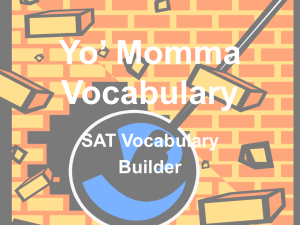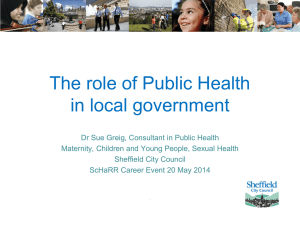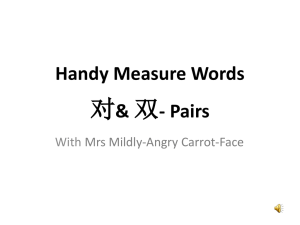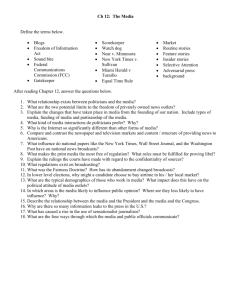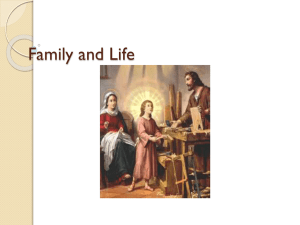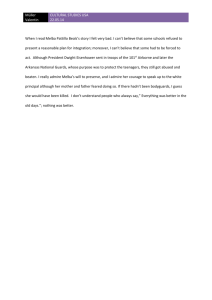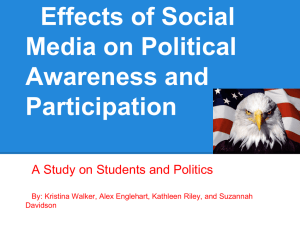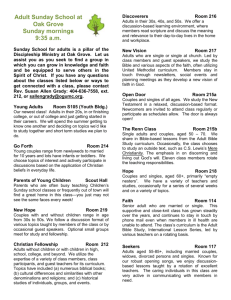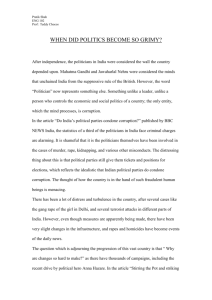Context Clues Vocabulary Entry Tasks
advertisement
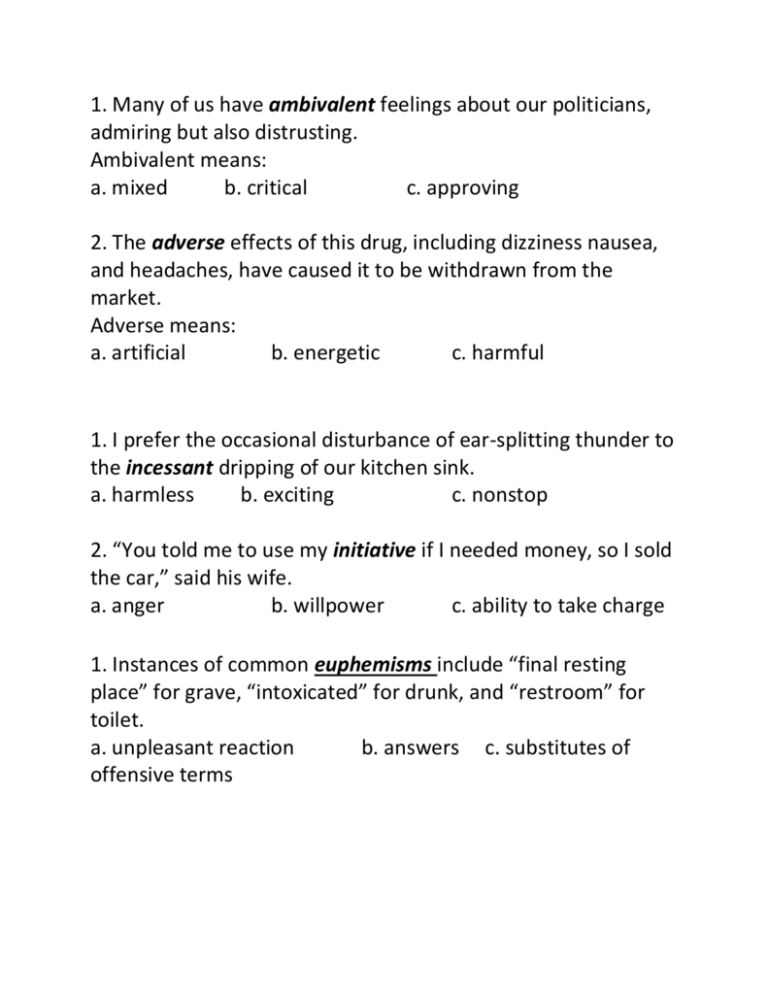
1. Many of us have ambivalent feelings about our politicians, admiring but also distrusting. Ambivalent means: a. mixed b. critical c. approving 2. The adverse effects of this drug, including dizziness nausea, and headaches, have caused it to be withdrawn from the market. Adverse means: a. artificial b. energetic c. harmful 1. I prefer the occasional disturbance of ear-splitting thunder to the incessant dripping of our kitchen sink. a. harmless b. exciting c. nonstop 2. “You told me to use my initiative if I needed money, so I sold the car,” said his wife. a. anger b. willpower c. ability to take charge 1. Instances of common euphemisms include “final resting place” for grave, “intoxicated” for drunk, and “restroom” for toilet. a. unpleasant reaction b. answers c. substitutes of offensive terms 2. Today I had to deal with one mishap after another. I couldn’t find my car keys, I dropped a bowl of soup at lunch, and my computer crashed twice. A unlucky event b event c. unexpected question 1. Some mentally ill people have bizarre ideas. For instance, they may think the TV is talking to them or that others can steal their thoughts. a. limited b. ordinary c. odd 2. Some animals have remarkable longevity. For example the giant tortoise can live several hundred years. a. appearances b. length of life c. habits 1. Before the invention of television, people spent more time on diversions such as going to town concerts and ball games, visiting neighbors, and playing board games. a. amusements b. difference c. chores 2. Since my grandfather retired, he has developed several new avocations. For instance, he now enjoys gardening and chat groups on the Internet. a. hobbies B. vacation c. jobs 1. Children who move to a foreign country adapt more easily than their parents, soon picking up the language and customs of their new home. a. adjust b. struggle c. become bored 2. The Chinese government provides incentives for married couples to have only one child. For example, couples with one child get financial help and free medical care. a. warnings b. penalties c. encouragements 1. Many people have pointed out the harmful effects that a working mother may have on the family, yet there are many salutary effects as well. a. well-known b. beneficial c. hurtful 2. Trying to control everything your teens do can impede their growth. To advance their development, allow them to make some decisions on their own. a. block b. predict c. improve 1. Many politicians do not give succinct answers. They prefer long ones that help them avoid the point. a. brief b. accurate c. complete 2. Although investments in the stock market can be lucrative, they can also result in in great financial loss. a. required b. financially rewarding c. risky 1. During their training, police officers must respond to simulated emergencies in preparation for dealing with real ones. a. made-up b. mild c. actual 2. “I’ve seen students surreptitiously check answer sheets during exams,” said the professor. “However until today I never saw one openly lay out a cheat sheet on his desk.” a. legally b. secretly c. loudly 1. While Melba’s apartment is decorated plainly, her clothing is very flamboyant. a. inexpensive b. flashy c. washable 2. To keep healthy, older people need to stay active. Remaining stagnant results in loss of strength and health. a. inactive b. lively c. unhealthy 1. Being raised with conflicting values can be a detriment to boys’ and girls’ relationships with each other. In contrast, shared values can be a benefit. a. improvement b. drawback c. relationship 2. While houses and antiques often increase in value, most things such as cars and TV’s, depreciate. a. remain useful b. lose value c. break 1. Reliable scientific theories are based not upon careless work, but rather upon meticulous research and experimentation. a. hasty b. expensive c. careful 2. In the early days of automobile manufacturing, stringent laws controlled motorist’s speed. In contrast, the laws designed to protect consumers from faulty products were weak. a. informal b. not effective c. strict

